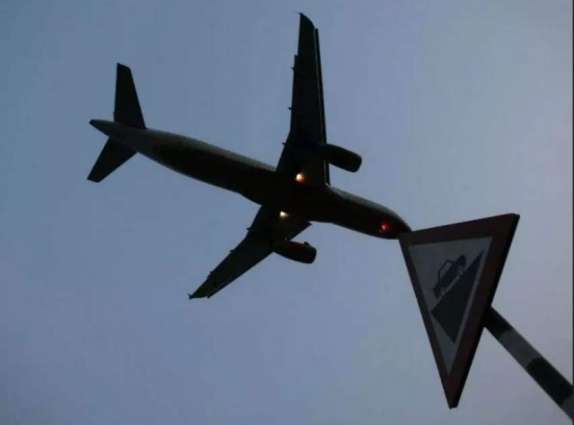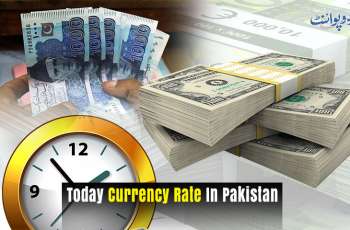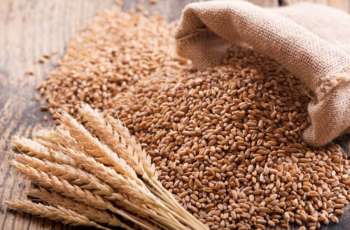The world's airlines are looking for stability in the oil market following the recent surge in the price of Brent crude, although passenger demand remains carriers' most pressing concern as the aviation industry looks to recover from the COVID-19 pandemic, Sebastian Mikosz, the International Air Transport Association's (IATA) senior vice president for member and external relations, told Sputnik in an interview
MOSCOW (Pakistan Point News / Sputnik - 15th March, 2021) The world's airlines are looking for stability in the oil market following the recent surge in the price of Brent crude, although passenger demand remains carriers' most pressing concern as the aviation industry looks to recover from the COVID-19 pandemic, Sebastian Mikosz, the International Air Transport Association's (IATA) senior vice president for member and external relations, told Sputnik in an interview.
Oil prices have surged over the past week, buoyed by the improving global economic outlook, the impact of the OPEC+ production cut deal announced almost one year ago, and attacks on oil facilities in Saudi Arabia. One week ago, Brent crude rose to as much as $71.38 a barrel, its highest level since January 2020.
"Six months ago, we had Brent at about $36 and now we have it at $70," Mikosz said.
The IATA senior vice president said that airlines can often protect themselves during an oil price rise by passing on the increased costs to consumers. However, oil price volatility presents greater challenges as carriers sell tickets weeks or months in advance of flights.
"There is a challenge of the price, and there is a challenge of the stability, because even if the price is higher, you can adapt your cost of tickets," Mikosz commented, adding that jet fuel accounted for up to 30 percent of some airlines' costs.
Despite the recent market developments, the IATA senior vice president said that low passenger demand was the greatest threat to the world's airlines at the present time.
"This is what happens when you have a recession, the oil price goes down, because there is no demand. OPEC+ decreased the production, but it doesn't change the fact that the main problem airlines have is going to be the demand of passengers. We need to recover the traffic because we make our living from carrying people and carrying goods, we don't make our living from asking for money or speculating on oil," Mikosz stated.
Last year, the OPEC+ countries agreed a deal to collectively cut oil production by 9.7 million barrels per day (bpd) starting from May to support the market as demand plummeted during the first wave of the pandemic.
The production cuts tapered to 7.7 million bpd from August through the rest of 2020, and to around 7 million bpd from January, although Russia and Kazakhstan have been allowed to slightly increase production in order to meet seasonal domestic demand.



